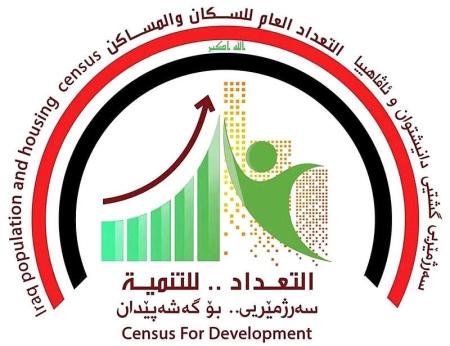Iraq is conducting its first nationwide census in nearly 40 years, marking a significant milestone for demographic data collection since the fall of Saddam Hussein's regime. The census aims to gather comprehensive information about the country’s estimated 44 million residents.
The two-day count involves 120,000 researchers collecting detailed household data, including population, health, education, employment, and vehicle ownership. A nationwide curfew ensures researchers can systematically gather information across all 18 governorates. The United Nations Population Fund has partnered with Iraqi authorities to ensure accurate data collection.
Prime Minister Mohammed Shia Al-Sudani emphasized the census’s importance for national development, saying the census was important for “development and planning steps in all sectors that contribute to the advancement and progress of Iraq.”
This census represents the first comprehensive population count since 1987, promising to provide critical insights into Iraq’s current demographic landscape and support more effective policy-making and national planning.
The Planning Ministry sees the census as an opportunity to identify and address challenges in health, education, and housing.

